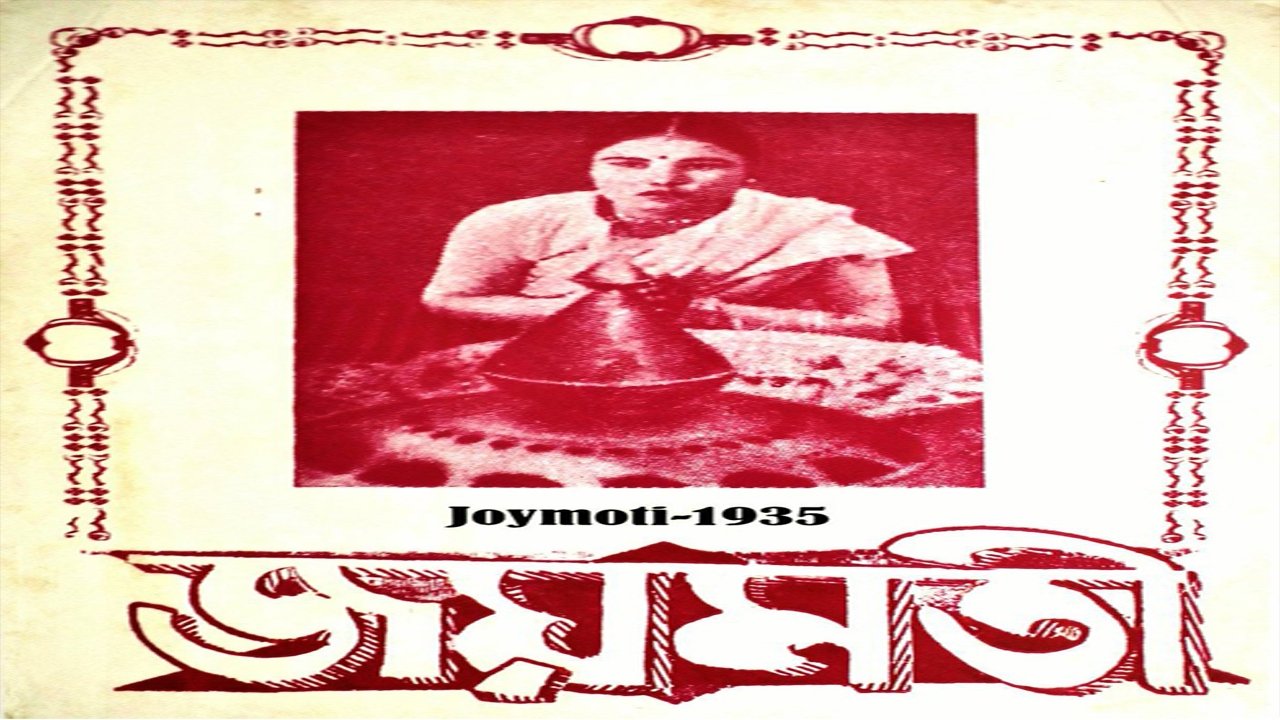
Joymoti
Top 10 Billed Cast
Joymati (as Asaideo Handige)
Gada Paani
Dalimi (as Swargajyoti Datta)
Gathi Hazarika
Spy (Surang Suwa)
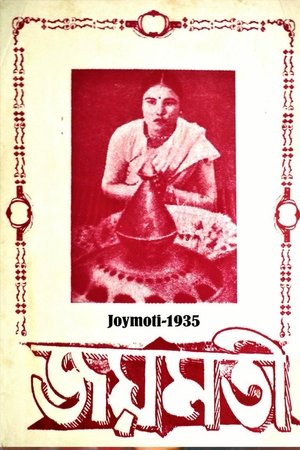
জয়মতী
HomePage
Overview
In the late 17th century, a boy-king ruled the Ahom dynasty of Assam. But the executive power over the whole administration was vested on the Prime Minister. Owing to the presence of a large body of princes, each of whom was a positive material for insurrection, no king could sit on the throne safely. The Prime Minister, therefore, instituted search for the suitors to capture and kill them, or let off after mutilating thereby banning them for succession. The principal target of massacre was Godapani, a man of personal - vigor and energy. But Godapani became aware of The Prime Minister's design and fled to the Naga hills. Unable to trace Godapani, the army led by, one Gathi Hazarika, came upon his wife Joymoti. Gathi inflicted tortures on her to elicit the much sought-after information. She stuck to plea of ignorance, and replied to the increasing tortures by silence and patience. She breathed her last in the midst of torture.
Release Date
1935-03-10
Average
0
Rating:
0.0 startsTagline
Genres
Languages:
Keywords
Similar Movies
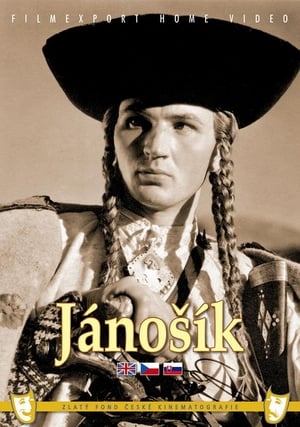 5.0
5.0Jánošík(sk)
Jánošík has been topic of many Slovak and Polish legends, books and films. According to the legend, he robbed nobles and gave the loot to the poor. The legend were also known in neighboring Silesia, the Margraviate of Moravia and later spread to the Kingdom of Bohemia. The actual robber had little to do with the modern legend, whose content partly reflects the ubiquitous folk myths of a hero taking from the rich and giving to the poor. However, the legend was also shaped in important ways by the activists and writers in the 19th century when Jánošík became the key highwayman character in stories that spread in the north counties of the Kingdom of Hungary (present Slovakia) and among the local Gorals and Polish tourists in the Podhale region north of the Tatras.
 8.0
8.0Newsies(en)
A week in the life of the exploited, child newspaper sellers in turn-of-the-century New York. When their publisher, Joseph Pulitzer, tries to squeeze a little more profit out of their labours, they organize a strike, only to be confronted with the Pulitzer's hard-ball tactics.
 3.0
3.0Oldrich and Bozena(cs)
At the turn of the 10th and 11th centuries Boleslav's kingdom fell apart in the fratricidal war between the Přemyslovci and the other clans the main profiteer of this being the German emperor. At that time it seemed as if the Czech state and the lineage of its princes was awaiting its end..." It is with these words that the tale of this film begins, whose narrative is based upon the the play by František Hrubín of the same name.
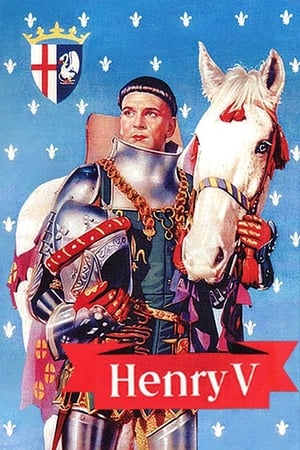 6.6
6.6Henry V(en)
In the midst of the Hundred Years' War, the young King Henry V of England embarks on the conquest of France in 1415.
 5.0
5.0The Judas of Tyrol(de)
In the year 1810, the Tyrol is suffering under French occupation. A servant, who believes himself oppressed and disenfranchised by the peasants, dreams of being allowed to play Christ in the yearly Passion Play. Instead, he is forced to play Judas and soon the lines of reality blur: he betrays the location of Andreas Hofer, hidden by the farmers, breaks under the weight of his guilt and suffers Judas' fate.
 6.8
6.8Bent(en)
Max is a handsome young man who, after a fateful tryst with a German soldier, is forced to run for his life. Eventually Max is placed in a concentration camp where he pretends to be Jewish because in the eyes of the Nazis, gays are the lowest form of human being. But it takes a relationship with an openly gay prisoner to teach Max that without the love of another, life is not worth living.
 7.5
7.5Two Portraits of MIYAGINO(ja)
In Edo-era Japan, a ukiyo-e artist languishes in his master’s shadow. Creatively stifled, he finds consolation in the company of a prostitute, and becomes entangled in a love triangle. A mystery emerges involving two portraits and the sudden disappearance of the artist Sharaku. Helmed by Cannes-selected director Tatsuji Yamazaki, the film employs kabuki-inspired sequences and stylised sets.
 7.1
7.1The King and I(en)
Widowed Welsh mother Anna Loenowens becomes a governess and English tutor to the wives and many children of the stubborn King Mongkut of Siam. Anna and the King have a clash of personalities as she works to teach the royal family about the English language, customs and etiquette, and rushes to prepare a party for a group of European diplomats who must change their opinions about the King.
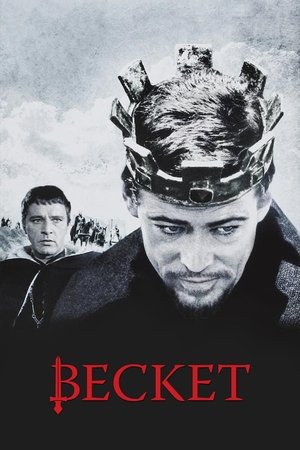 7.2
7.2Becket(en)
Thomas Becket, Henry II's longtime advisor, finds his friendship with the debauched king corroding when he is unwillingly appointed as Archbishop of Canterbury in an attempt to gain absolute loyalty from the Church.
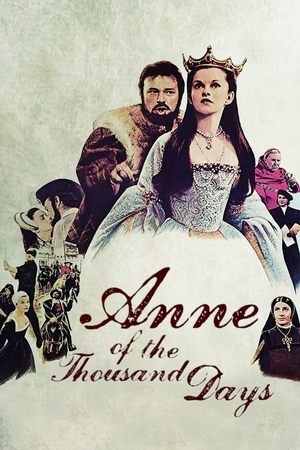 7.1
7.1Anne of the Thousand Days(en)
Henry VIII of England discards his wife, Katharine of Aragon, who has failed to produce a male heir, in favor of the young and beautiful Anne Boleyn.
 7.4
7.4The Lion in Winter(en)
Henry II and his estranged queen, Eleanor of Aquitaine, battle over the choice of an heir.
 6.6
6.6The Crucible(en)
A Salem resident attempts to frame her ex-lover's wife for being a witch in the middle of the 1692 witchcraft trials.
 8.8
8.8Titanic: The Musical(en)
In the final hours of April 14, 1912, the RMS Titanic, on her maiden voyage from Southampton to New York, collided with an iceberg and ‘the unsinkable ship’ slowly sank. It was one of the most tragic disasters of the 20th Century. Fifteen hundred seventeen men, women, and children lost their lives.
 6.6
6.6Hamlet(en)
Hamlet, Prince of Denmark, finds out that his uncle Claudius killed his father to obtain the throne, and plans revenge.
 8.0
8.0Amadeus(en)
Disciplined Italian composer Antonio Salieri becomes consumed by jealousy and resentment towards the hedonistic and remarkably talented young Viennese composer Wolfgang Amadeus Mozart.
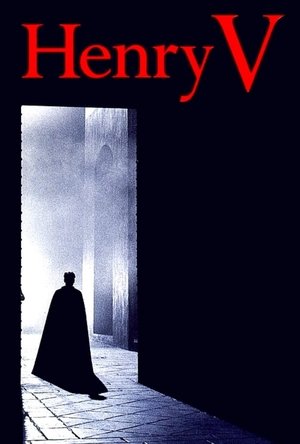 7.1
7.1Henry V(en)
In the midst of the Hundred Years War, the young King Henry V of England embarks on the conquest of France in 1415.
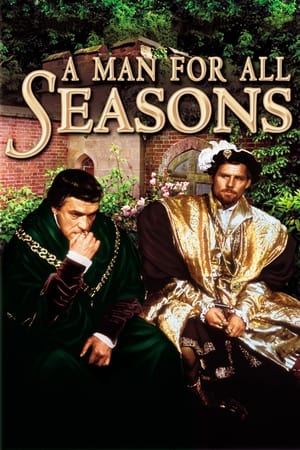 7.3
7.3A Man for All Seasons(en)
A depiction of the conflict between King Henry VIII of England and his Lord Chancellor, Sir Thomas More, who refuses to swear the Oath of Supremacy declaring Henry Supreme Head of the Church in England.
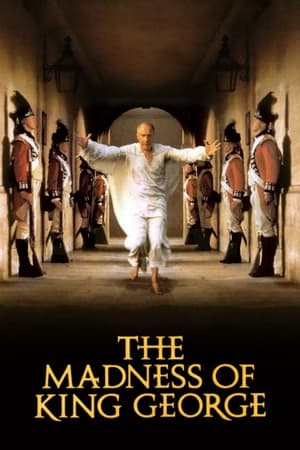 6.8
6.8The Madness of King George(en)
Aging King George III of England is exhibiting signs of madness, a problem little understood in 1788. As the monarch alternates between bouts of confusion and near-violent outbursts of temper, his hapless doctors attempt the ineffectual cures of the day. Meanwhile, Queen Charlotte and Prime Minister William Pitt the Younger attempt to prevent the king's political enemies, led by the Prince of Wales, from usurping the throne.
